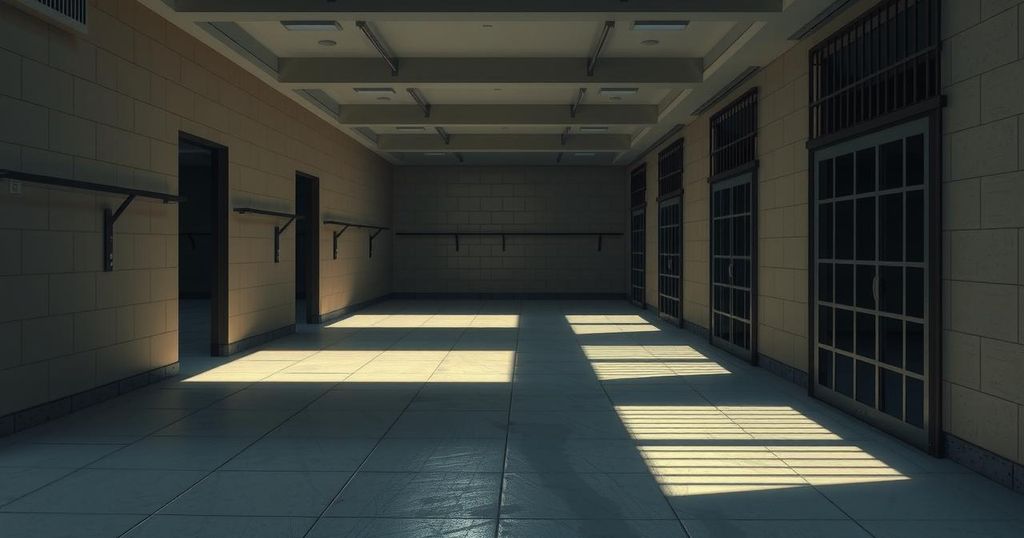Venezuelan Immigrants Disappear Post-Deportation: A Humanitarian Crisis Unfolds

Franco Caraballo, a Venezuelan immigrant, was abruptly deported to El Salvador amidst accusations of gang affiliation, a claim his family strongly disputes. Recent flights by U.S. immigration officials have left many families in turmoil, as numerous detainees have vanished from ICE’s online locator system. The deportations invoke historical laws, raising significant concerns regarding human rights and the treatment of asylum seekers.
In a distressing incident, Franco Caraballo, a 26-year-old barber from Venezuela, learned of his abrupt deportation from a Texas detention facility. After being taken among dozens of others on a flight, he vanished from the U.S. Immigration and Customs Enforcement’s (ICE) online detainee locator. His wife, Johanny Sánchez, subsequently discovered he was in El Salvador, accused of being part of a notorious gang, a claim she rejects vehemently.
The deportation flights instigated widespread panic among families, as many immigrants ceased to appear in the ICE locator system, leading to confusion concerning their whereabouts. Several detainees were subsequently found in a high-security prison in El Salvador, where conditions are notably harsh. The lack of an online inmate database in El Salvador exacerbates the already challenging situation for families attempting to locate their loved ones.
Many of those deported had previously faced U.S. detention under unclear circumstances. Ali David Navas Vizcaya, another Venezuelan detainee, believed he was being sent to either Venezuela or Mexico. His family remains in the dark about his fate after his disappearance from the ICE system, raising concerns over potential wrongful identifications related to tattoos.
The recent deportations are tied to a policy invoked by former President Trump, leveraging an 18th-century law to expedite the expulsion of alleged noncitizen gang members without legal recourse. This decision has drawn both support and criticism, particularly as U.S. officials maintain that many deported individuals do not possess criminal backgrounds. Nonetheless, there is a suggestion that their status alone implicates a potential threat.
Caraballo originally sought asylum in the U.S. after escaping the dire conditions in Venezuela. His wife, Sánchez, explained that they complied with all immigration protocols and could not fathom the accusations against him. She has been advocating for his release while grappling with the shocking reality of their journey, which involved extreme hardships.
The Venezuelan government has condemned these deportations, terming them as abductions, while calling on diaspora citizens to return home. The ongoing dispute between the U.S. and Salvadoran officials creates a significant barrier for Venezuelan citizens seeking assistance. The situation highlights the broader implications of immigration policies that exploit desperate circumstances, posing serious humanitarian concerns.
The recent deportation of Venezuelan immigrants highlights the dire consequences of U.S. immigration policies and the associated chaos faced by affected families. Notably, the application of the Alien Enemies Act raises significant human rights concerns, with many individuals deported without proper legal recourse. Families are left in anguish, struggling to locate loved ones under severe conditions in foreign prisons, thereby emphasizing the urgent need for reform in the immigration system to protect vulnerable populations.
Original Source: www.nbcdfw.com







